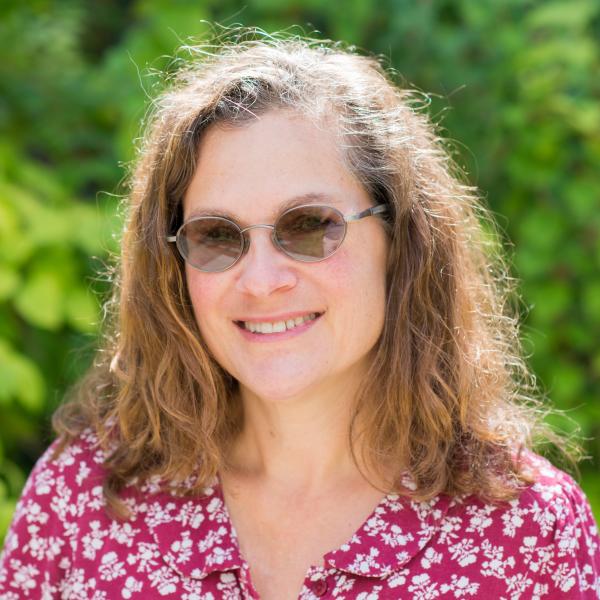Advancing STEM, Creativity & Innovation Learning through SYNERGIES
Advancing STEM, Creativity & Innovation Learning through SYNERGIES
2013 - 2014
Advancing SCILS (STEM, Creativity & Innovation Learning through SYNERGIES was a pilot study in support of a community-wide partnership in the Parkrose neighborhood of E. Portland. With support from the Lemelson Foundation, Center-affiliated researchers Lynn Dierking, Nancy Staus, and John Falk with the assistance of Jennifer Wyld and Deb Bailey worked to better understand the STEM (Science, Technology, Engineering, & Mathematics), creativity and invention learning of early adolescents under-represented in STEM. By working with the community to improve the educational capacities of an STEM providers (both in- and out-of-school), this innovative project aimed to improve the chances that under-served early adolescents will be able to successfully compete in the rapidly changing world of the 21st Century.
This research project leveraged ongoing longitudinal research to investigate whether, and if so how, youth from ages 10 to 15 in a diverse, under-resourced urban community become interested and engaged in STEM. The project addressed a global issue; fewer youth choose to major in scientific fields or take science coursework at high school or university levels. These declining numbers result in fewer STEM professionals and fewer scientifically literate citizens who are able to function successfully in an increasingly scientific and technological society. These declines are observed for youth as a whole, but are most pronounced for girls and particular non-white ethnic minorities. Data collected from youth in this community of study, including non-white ethnic minorities, mirrors this decline. This pilot project supported the development of a five-year project in which researchers work collaboratively with existing informal and formal educational partners (e.g., museums, libraries, afterschool providers, schools) to develop sets of customized, connected, and coordinated learning interventions, in and out of school, for youth with different backgrounds, needs, and interests, all with the goal of averting or dampening this decline of STEM interest and participation during early adolescence.

Nancy Staus
Senior Researcher
Nancy Staus
Senior Researcher
